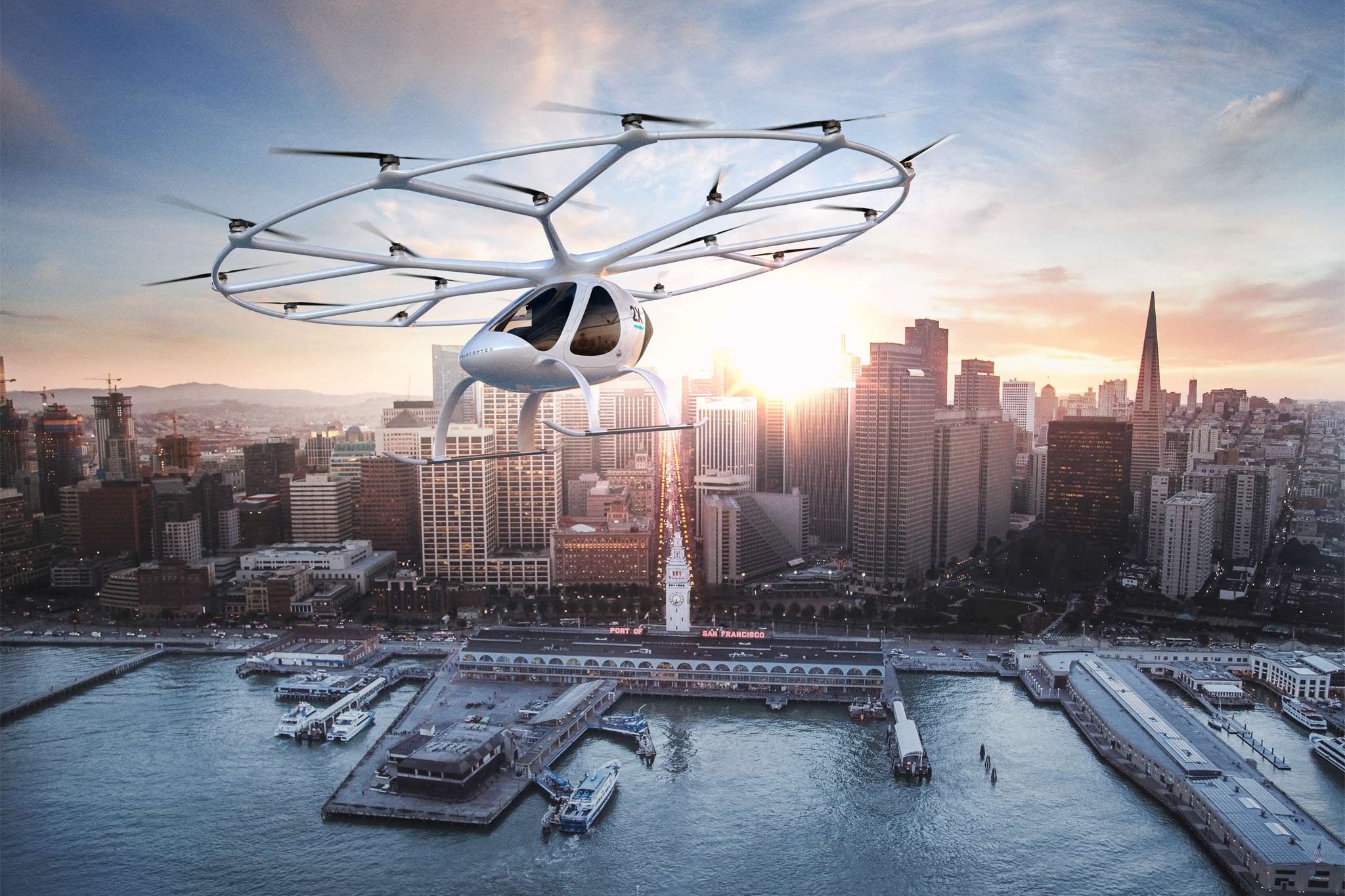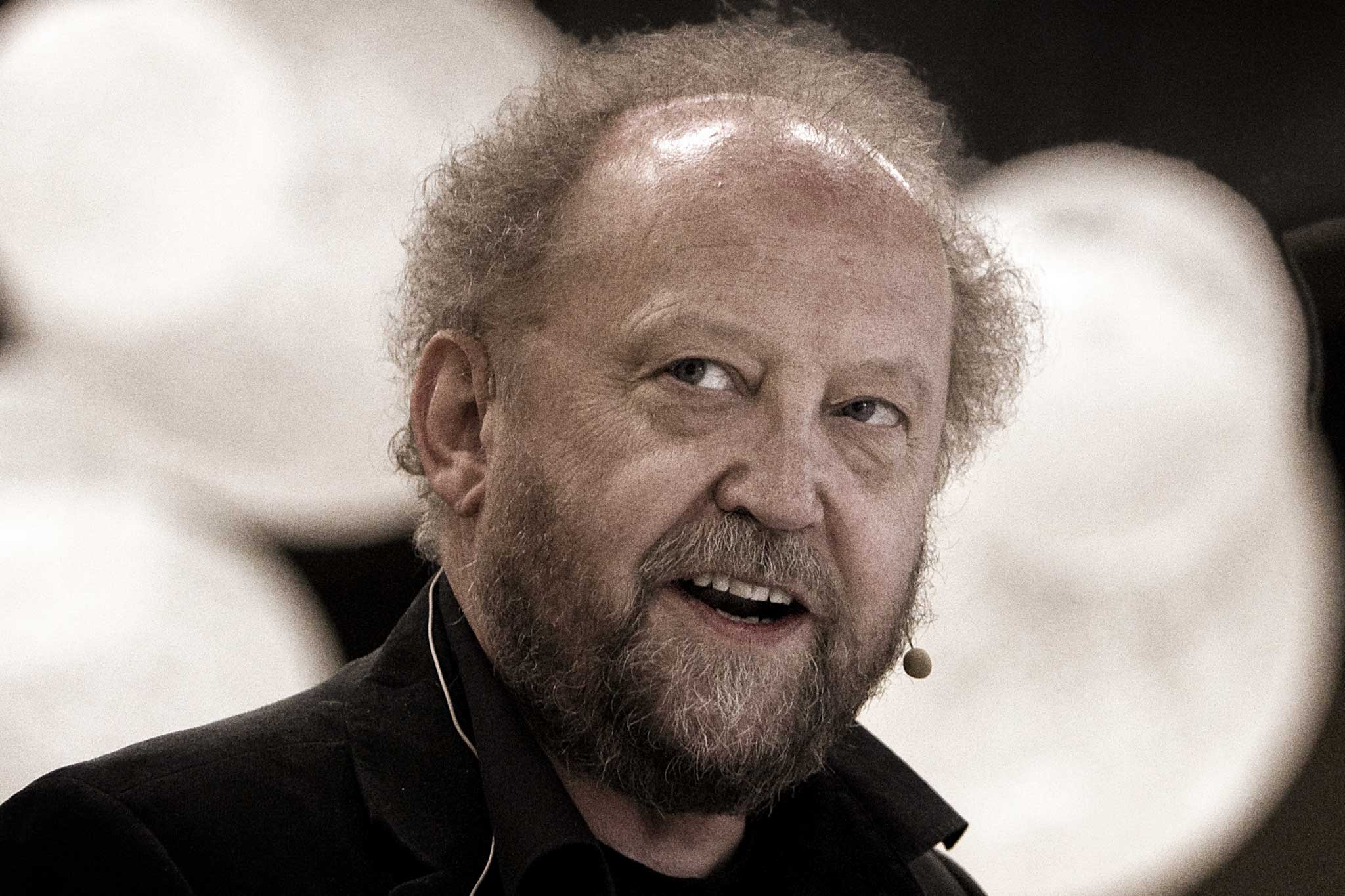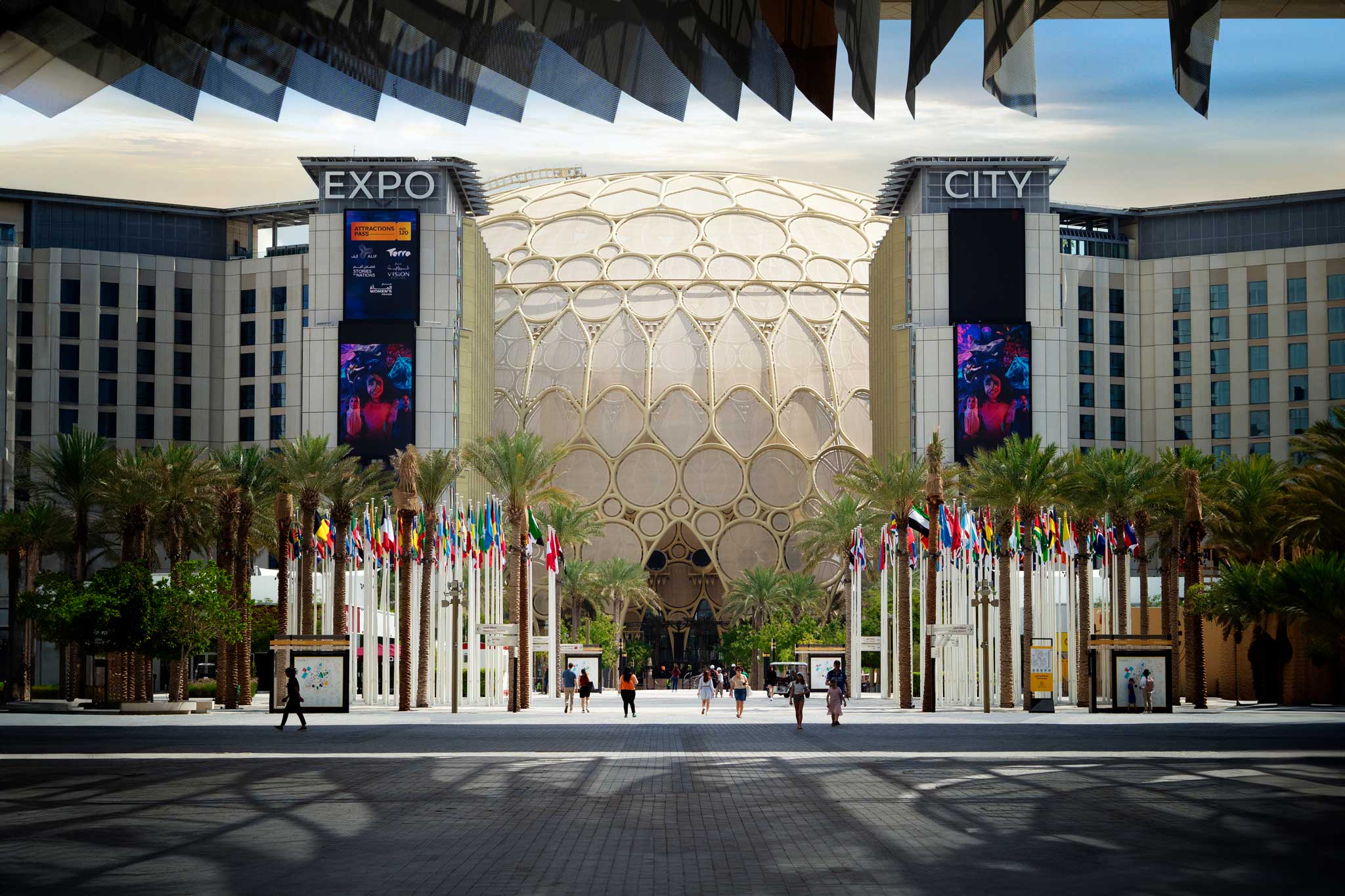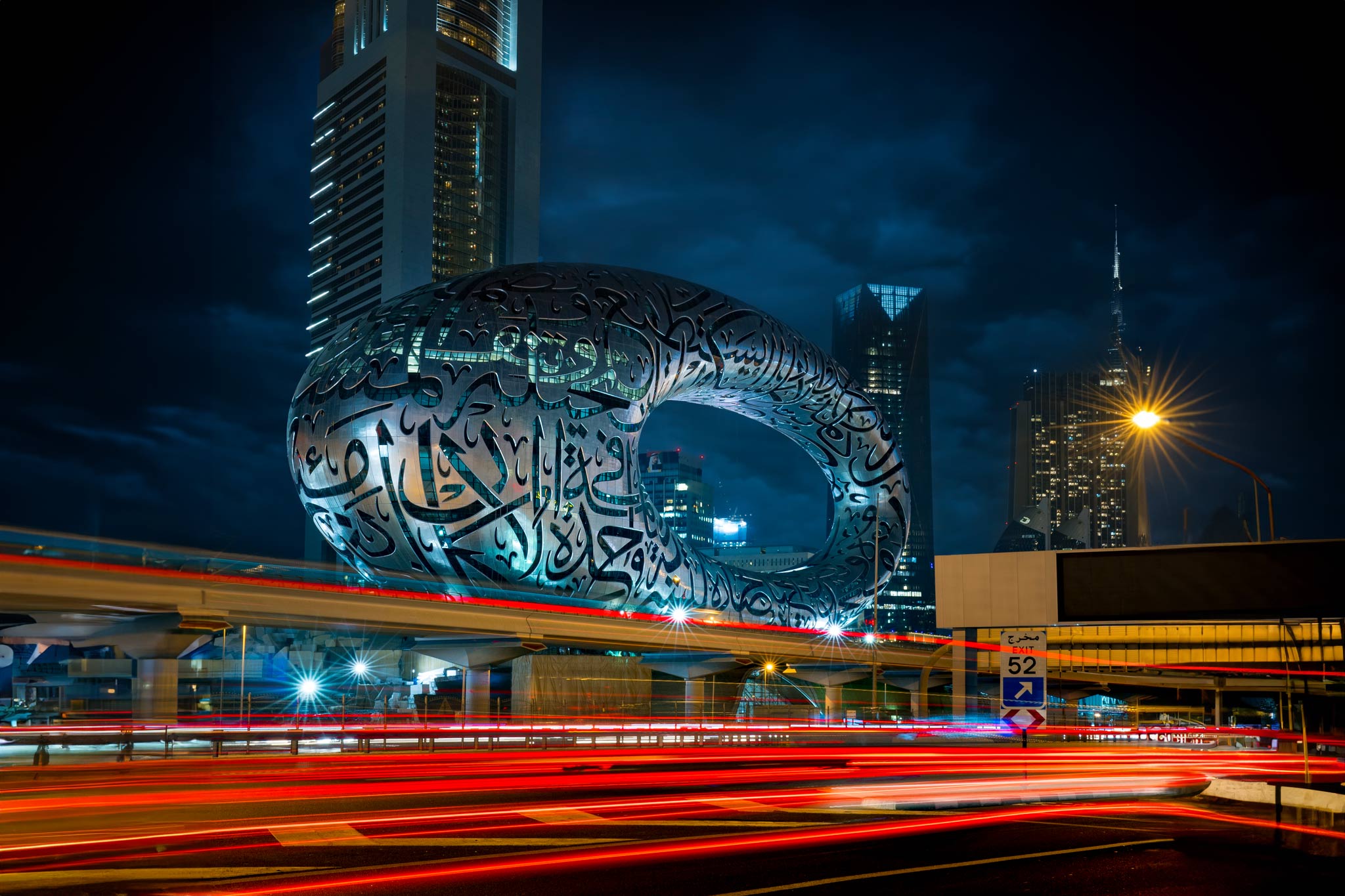The new ecosystem of business events is characterised by digital and hybrid formats as much as by the longing for authentic locations, emotional experiences, and sustainable concepts. People’s motivations shift when deciding whether to attend an event physically or not.
Future Meeting Space’s (FMS) latest research radar, powered by a Response Room challenge earlier this year, looks at global studies, reports and articles on the future of business events and business travel. Since the start of the Corona pandemic, countless studies have been published in this field. The FMS innovation network has taken on the task of sifting through many of these existing studies to record the gained insights and identify any research gaps that still exist.
Based on topics such as general travel trends, evaluated effects of the pandemic, motivation of event attendance, or sustainable mobility, the status quo and white spots for the future event market were evaluated in over 80 studies. Across these studies, nine concrete hypotheses can be derived, and they serve as a keystone for evidence-based forecasts of future changes.
1Sustainability Affects Mobility Behaviour
Resource and emission savings will be essential criteria for specific travel planning. The study data also show that companies are already responding to climate change and are increasingly replacing air travel with train travel. The younger generation, in particular, attaches great importance to an environmentally conscious lifestyle and therefore prefers post-fossil mobility.
2Emotional Experiences Will Become USPs for Physical Events
The travel experience and the emotional experience are closely intertwined. On the one hand, travelling promotes shared experiences; on the other hand, it supports maintaining and developing relationships. Events will therefore continue to provide spaces for unexpected and spontaneous interactions and leave a lasting impression on participants.
“Combining work-related travel and leisure tourism is becoming increasingly lucrative for employees”
3Bleisure Travel Will Become an Integral Part of the Working World
Combining work-related travel and leisure tourism is becoming increasingly lucrative for employees and will shape corporate organisations and the hotel industry. Eighty-four per cent of those under the age of 40 use this option and extend business trips for sightseeing, weekend stays with family and friends, and visiting relatives, among other things.
4Personal Security and Health Are Paramount
The Corona pandemic has increased the focus on physical and mental health. All-encompassing hygiene concepts, in particular, are taken for granted when participating in live events. For one-third of the survey respondents, their health and safety are paramount. If these aspects are not considered, participants will increasingly switch to virtual event attendance in the future.
5Personalised and Digitised Customer Journeys Will Gain in Importance
Platforms enhancing the travel experience will become even more important in the future, especially for facilitating booking processes or improving socialising opportunities. The digitised customer journey will also play a role in the context of augmented reality, for example, to provide orientation at the airport, to receive delays via smartphone, or as a full-body scanner.
6Hybrid Formats Promote More Conscious Travel
The trend toward hybrid events with more digital elements will continue even after the pandemic. Seventy-six per cent of the companies surveyed favour hybrid models in the long term, always weighing up factors such as travel expenses, sustainability, and security risks. Therefore, new business models can expect to emerge in the travel segment, for example, travel in the metaverse.
7Expenditure on Business Travel Declines
Since the pandemic started, there has been a decline in travel, the number of travellers, and travel-related spending. The example from the study The Future of Business Travel shows that respondents expect the business travel budget in 2025 to be only 70 per cent of what it was in 2019.
“New business models can expect to emerge in the travel segment, for example, travel in the metaverse”
8New Mobility Trends Are Changing the Choice of Transportation Mode
The future means of transportation will be green, flexible, and efficient. Trends such as shared mobility will play an important role, especially in mobile working. The Mobility Zeitgeist Study shows that every other person would like to see more offers that make mobile working on the move possible and more feasible in terms of transport. In addition, multimodal mobility chains will be a central component of business travel, for example linking train travel, e-scooters and the automobile.
9Young Generations Focus on Green Mobility
Business travel plays a significant role for Generation Z, especially in light of the “War of Talents.” In this context, business travel design expresses a company’s values. For younger generations, sustainability and climate protection are fundamental, and they do not only advocate sustainable travel in their private lives but also demand it in a business context.
Conclusion On the one hand, the evaluated studies reveal starting points for the future event industry, but on the other hand, they also show that there are still numerous white spots: based on the results. Three main topics that have not been examined in detail yet and for which meaningful data are lacking can be identified:
- First, travel motivations for post-pandemic travel. Data on this are sketchy, and it remains unclear why business travel will continue to be an essential part of the office and work environment and what reasons will drive people to travel in the New Now.
- Second, cluster analysis is lacking to represent different travel typologies. It raises the question of how you can group people into travel typologies and the differences resulting in their travel motivations and behaviours.
- Third, there is a lack of studies on the importance of business travel for Gen Z or concrete business travel models that motivate the young generation to travel.
Future Meeting Space’s current 2022 research phase looks at these white spots precisely. The central questions are: Why, in what form, and how often will people attend physical events in the future, and what added value will they get from it? The research process will result in different travel typologies, destination promises, and stakeholder action recommendations.
If you want to learn more about the studies included in this research radar, have a look at Future Meeting Space’s Response Room innovation challenge Business Events: Global Research Review and Identification of White Spots on responseroom.io/global/future-meeting-space-research-phase-v-redefining-event-attendance-motivations-and-travel-patterns-in-a-hybrid-world.





